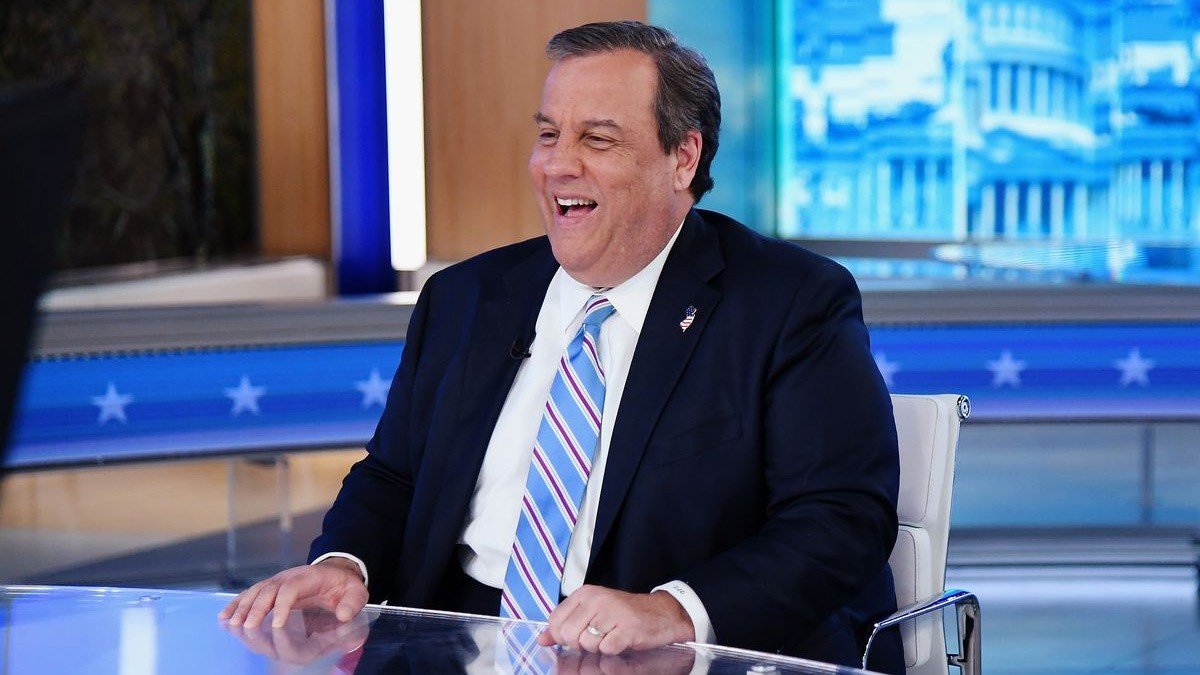BGC warns higher UK gambling taxes could undermine jobs and growth

The Betting and Gaming Council (BGC) has cautioned the UK government against introducing higher taxes on online gambling, warning that the move could jeopardise jobs, investment, and consumer protection at a time when the broader economy is showing signs of recovery.
UK GDP expanded by 0.7% in the first quarter of 2025, making it the fastest-growing economy among G7 nations, according to data from the Office for National Statistics. While BGC welcomed the growth figures, it expressed concern that the government’s policies — including increased tax burdens — threaten sectors already under pressure.
"If we want firms to keep investing and employing people here in the UK, we desperately need stability - and not more self-defeating tax rises that can only threaten jobs and growth," the trade body said.
According to the group, the UK’s regulated betting and gaming industry contributes £6.8 billion ($9.19 billion) annually to the economy, generates £4 billion ($5.40 billion) in taxes, and supports 109,000 jobs. It also serves approximately 22.5 million adults each month. Despite this, BGC CEO Grainne Hurst noted that the sector continues to face scorn from parts of the media and political class.
The government is currently consulting on a plan to merge three existing gambling tax categories — Remote Gaming Duty (21%), General Betting Duty (15%), and Pool Betting Duty (15%) — into a single Remote Betting and Gaming Duty. While the consultation focuses on implementation rather than rates, the BGC fears the consolidation could result in an effective tax increase.
“Many businesses, particularly in major job-creating sectors like retail and hospitality, have been hardest hit by rising employer National Insurance contributions and business rates,” said Hurst, grouping gambling operators alongside those industries in terms of labour intensity and economic strain.
The BGC also flagged that reforms in the 2023 Gambling White Paper will cost the industry more than £1 billion annually, compounding financial pressures. Since 2019, more than 2,400 betting shops have closed across the UK, leaving just 5,870 in operation and highlighting the fragility of the retail gambling sector.
Hurst warned that steeper tax rates could drive customers toward unregulated black market platforms that provide no consumer protections and contribute nothing in tax, ultimately undermining the Treasury’s revenue goals.
To demonstrate the industry’s transformation, Hurst urged Gambling Minister Baroness Twycross to visit a local betting shop, which she described as modern, safe, and more akin to a coffee shop than traditional bookies.
The BGC said its members have contributed over £170 million over the past four years to fund independent charities tackling problem gambling, which currently support 85% of those receiving treatment in Britain.
“BGC members welcomed the recent growth figures. We want to support the Chancellor and play our part in the government’s growth agenda,” said Hurst. “But if Ministers really want to see growth, they have to will the means.”

















